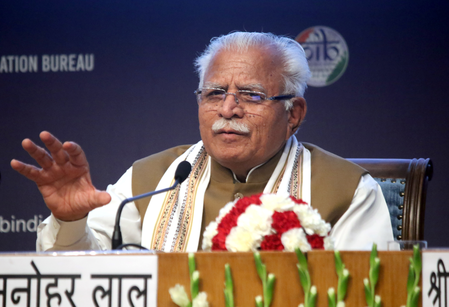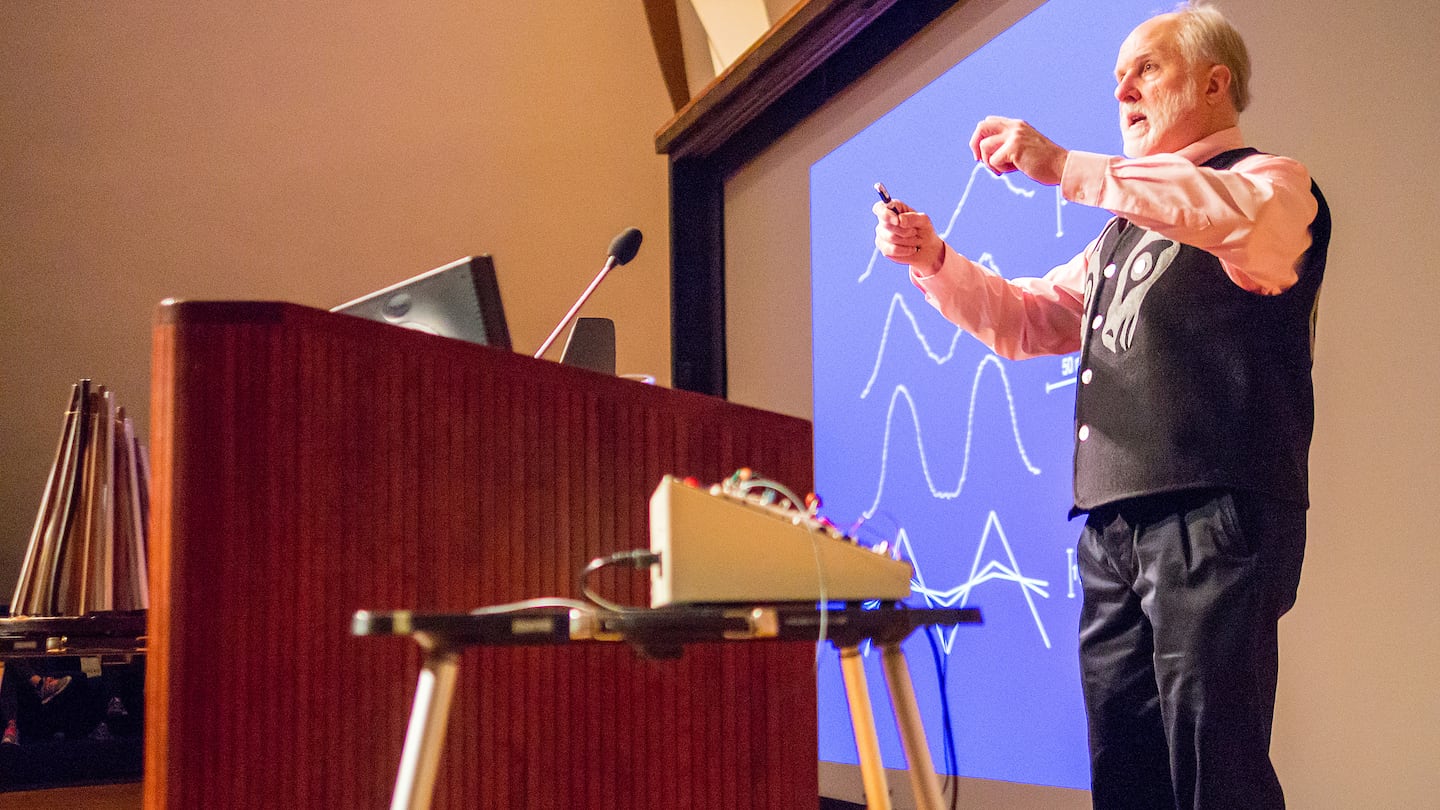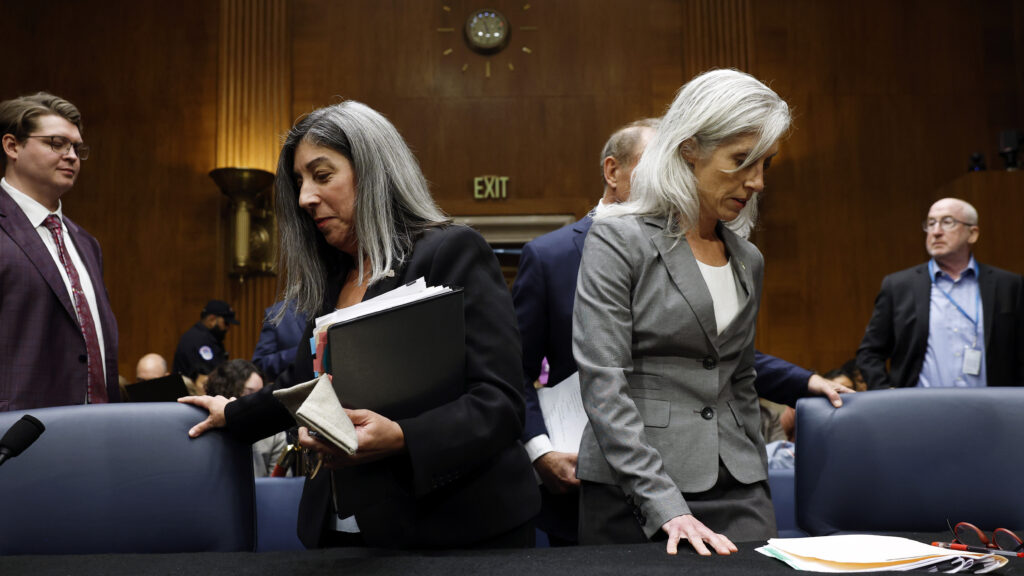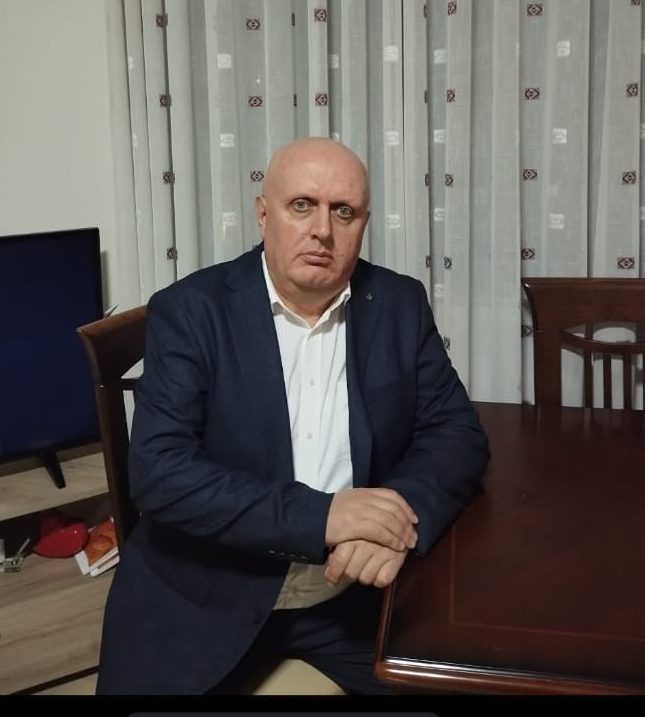By Ruth Mosalski
Copyright walesonline

The Welsh Government has backed down on plans to put NHS dentistry patients on a centralised list, meaning patients would have been allocated to any available dentist rather than their own, specified surgery. Opponents said that part of the Welsh Government proposal to create a central list would have “undermined continuity of care” and ended the era of the “family dentist”. Families could have been split between different providers, experts had warned. Welsh Government say this, the first major reform in 20 years, will improve access to dentists. Wales’ health minister Jeremy Miles will give more detail about his plans in a statement to the Senedd this afternoon. The new arrangements will come into force from April 2026, and mean people see a dentist based on their oral health needs, not according to the calendar. So instead, for example, of six-monthly appointments, those who need active treatment or support will be seen more regularly. Patients with healthy teeth could be recalled by dentists every 18 to 24 months. However, people will remain on a list at their specified dentist, and the central waiting list idea has been ditched. There will also be changes to payments. Under the new system, those who pay for NHS treatment will pay 50% of their treatment package value, capped at a maximum of £384 regardless of how much care they need. This is a reduction from the 55% originally proposed. It ensures NHS dental care remains affordable and protects patients from unexpected costs. The new contract will also see increased NHS payments to dentists, with general fee rates rising from the proposed £135 to £150 per hour. Exemptions will remain for children under 18, pregnant women, hospital dental patients, and people receiving certain benefits, and the low-income scheme will continue providing help with costs based on individual circumstances. However, there are concerns about a longer gap between checkups limiting the ability of dentists to spot early signs of disease, including oral cancers. Dr May Bassett, from Abercynon, Rhondda Cynon Taf, told BBC Wales this morning that already were seen less frequently, meaning many of their dental issues were “beyond the point of repair”. “We work a lot on an emergency care basis now,” she said. “A lot of the new proposals are urgent-care based, so we’re not seeing our preventative advice really getting to people. “It tends to be going towards an extraction-only service, whereas previously we would screen a lot for a diagnosis of early tooth decay and also for oral cancers. “We’re getting to a point where it’s no longer an option to treat with fillings or root canal.” She explained some patients would only be able to see an NHS dentist at the point where they were in intense pain and an emergency appointment was required. Russell Gidney, chair of the British Dental Association’s Welsh general dental practice committee said: “This consultation has generated among the largest response of any in the history of devolution. “It’s easy to understand why. NHS dentistry has ceased to exist for thousands of families across Wales, and they want it to have a future. “The Welsh Government must show they responded to the weight of opinion, from both the public and this profession. That they have been willing to listen on material risks to the future of NHS dentistry in Wales.” However, there is a warning there are areas of ambiguity in the proposals and they want to see further work to prevent “rushed and potentially flawed legislation reaching the Senedd”. The BDA say, for example, there are only “tokenistic measures to expand fluoride varnish application and moving appointments further apart with limit the ability for professionals to offer preventive advice and treatment. While changes to payments to dentists are welcomed, the BDA has said even with uplifts the proposed level of payment to practices fails to reflect the true cost of care, and risks leaving NHS providers stuck delivering care at a loss or walking away for the service. Welsh health secretary Jeremy Miles said: “These reforms demonstrate our commitment to making NHS dentistry more accessible, fairer, and sustainable for both patients and professionals. For our free daily briefing on the biggest issues facing the nation, sign up to the Wales Matters newsletter here “We have listened to people and it is clear the trust and reassurance which comes with seeing the same dental professional over time is valued. We are making sure this is maintained in the new contract.” The Welsh Conservatives have criticised the plans saying they are a “sticking plaster” which could harm outcomes in the long run. Conservative health spokesman James Evans MS said: “This new NHS contract is a sticking plaster solution that has the potential to harm dental patient outcomes in the long-term. “Continuity of care, the ability to choose to see your local family dentist, is essential. It’s what dentists and families are calling for the length and breadth of Wales, so this Labour Government U-turn is welcome.”



